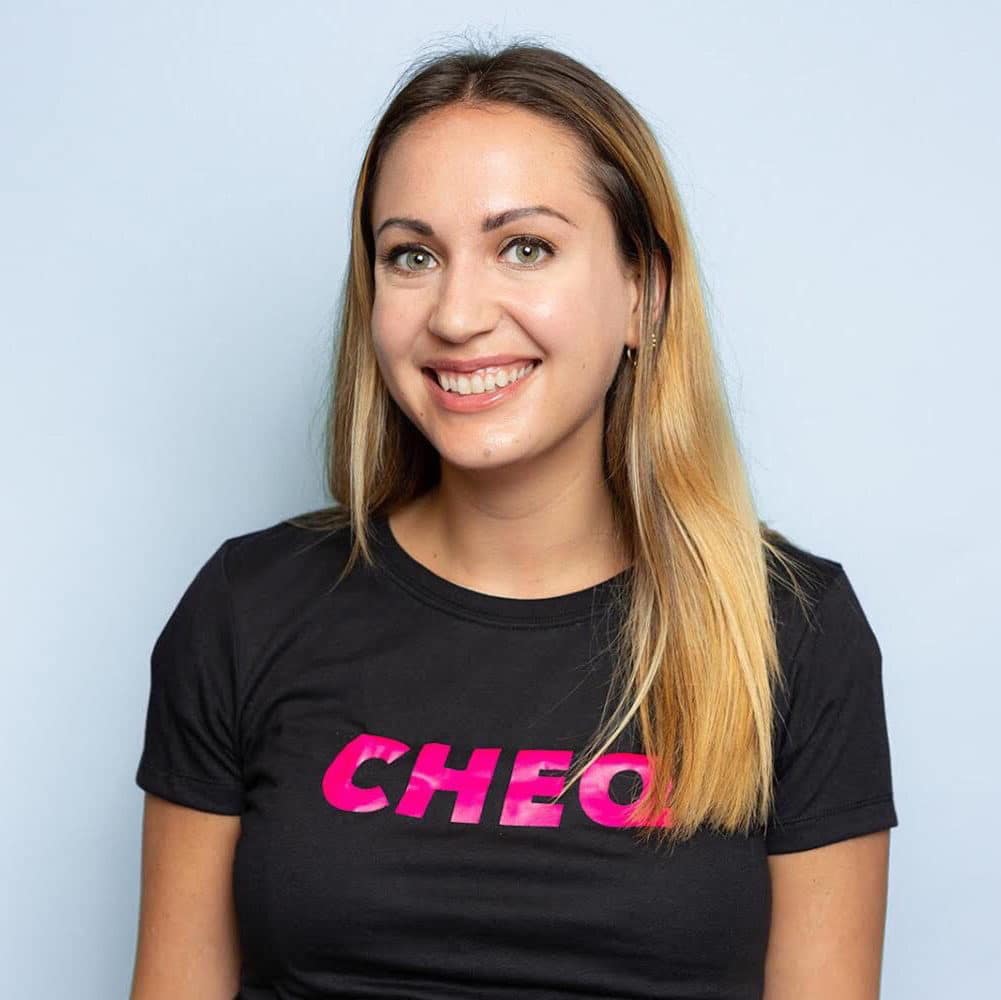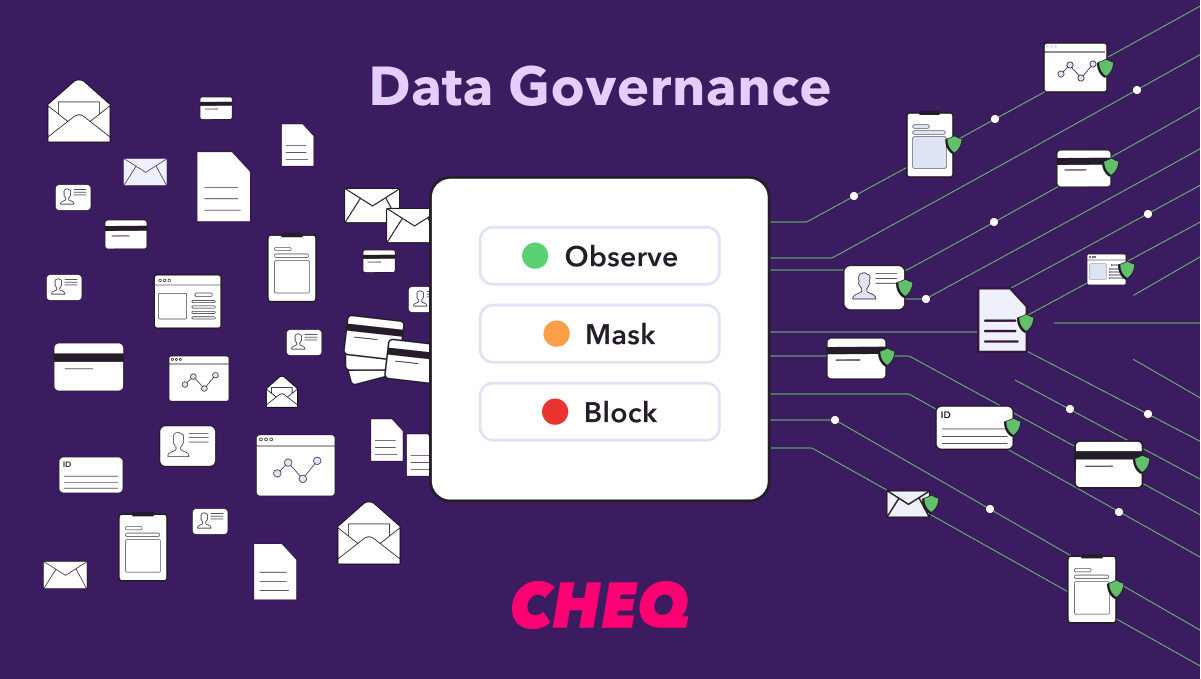How Blunt Brand Safety Burned 66% of Game Of Thrones News
Kerry Coppinger
|Marketing | November 25, 2019

Blacklists deny ad dollars to GoT stories, due to keywords such as “death”, “sex”, “slaves” and “bastards”
Two-thirds (66%) of the most shared online news articles relating to the final season of Game of Thrones were unable to be turned into advertising dollars because of the use of keyword “blacklists.”
CHEQ procured an industry-standard blacklist of 2000 words which are widely used to prevent brands from appearing online next to harmful, hateful, or toxic content. CHEQ analyzed 110 of the most popular GoT articles online, which collectively drew 12.7 million engagements online over the past year generating traffic to news sites from Lad Bible, to CNN and The New York Times. However, CHEQ found that despite the phenomenal engagement of GoT news stories, brands were blocked from appearing next to the vast majority of articles.
Blacklists kill reach for most popular inventory
CHEQ decided to look into this situation after publishers and brands complained they had huge swathes of inventory blocked and revenues drop during the season climax of the hit show. The analysis of blocking looked at the mega-engaging articles discussing the highs and lows of the final season but found that most articles were denied monetization because of keyword blocking on brand safety grounds, designed to prevent brands appearing next to graphic, violent or toxic content.
Unsurprisingly, the keyword of “death” saw 11% of articles about Game of Thrones blocked by ad verification players during the height of the show’s popularity, followed by “shot” (not least reports that producers had left a Starbucks coffee “in shot”); “kill” (7%) and “bastards” (6% – one episode is called The Battle of the Bastards”). There was also a scattering of blocking for words including “sex”, “slaves”, “incest”, and “naked”.
Even Brands paying for collaboration denied a shot at Iron Throne
The creation of a protective keyword Wall by ad verification players is even more shocking as many top brands spent like Lannisters to have associations with the show. More than 100 brands collaborated With Game of Thrones, with products including Thrones-inspired Adidas sneakers, Mountain Dew, and limited edition Oreos.
The most epic cookies of all time are here. #GameOfCookies #ForTheThrone pic.twitter.com/jzCVpfPUzs
— OREO Cookie (@Oreo) April 2, 2019
These advertisers were denied the opportunity to have ads placed on a trove of news reviews, opinions, and fan reactions. During the show’s height of popularity, it attracted 17 million weekly viewers (in the US alone). The ban on Thrones articles proved brutal for advertisers seeking to achieve reach and influence. Game of Thrones stories were read for 12.5% longer than other articles within the same sections on their news sites. It also led to a large revenue drop as publishers found their most engaging content could not be monetized.
Here are some of the offending articles that were switched off by keywords during the Game of Thrones news climax (blocked words in bold):
- “Daenerys Targaryen, “Freer of the Damn Slaves,” too) can break your heart (New York Times, May 16, 2019, I Ignored ‘Game of Thrones’ for 8 Years. Then Inhaled It in 5 Weeks).
- The trailer begins with a panicked-looking Arya Stark, who says in a voiceover: “I know death. He’s got many faces.” BuzzFeed, March 5 2019, Watch the Game of Thrones Series 8 Trailier)
Someone left a coffee cup in a ‘Game of Thrones’ shot (CNN headline, May 6, 2019) - It is not only dragons and magic that gets beaten down by brand safety. At the same time publishers also complained that many entertainment stories were being demonetized. In particular, Avengers: Infinity War, another big release at the same time saw “unsafe” news inventory vanish with an arbitrary snap of the fingers, as many blacklists include the generic term “war”).
CHEQ’s wider recent major study revealed that most of the time keywords fail to distinguish between fantasy and reality, hurting everyone from Zombies to Simba. In a study of 150 news articles on a single day (18 July 2019), 65% of content relating to movies and TV was blocked, preventing ads being served besides articles about hit shows and movies. This included Emmy-nominated Killing Eve (“killing”), Tom Cruise’s return in Top Gun (“gun”); The Lion King (blocked for “death”, Walking Dead (“dead”), Dead to Me (“dead”), Fargo (“mafia”); and Fantastic Beasts: The Crimes of Grindelwald “crimes”).
The power of AI to bring brand safety context to entertainment
Publishers and advertisers have many challenges but overblocking of quality content does not need to be one of them — AI can provide context to accurately understand articles (using clever things like computer vision and semantic analysis). CHEQ’s AI has for instance been trained on millions of documents to understand online content across more than 200 granular categories, from body modification to entertainment, or finance.
In the context of so many Game of Thrones blocked articles, CHEQ has worked with brands and publishers to aim to employ technology that can for instance understand if a piece of content is entertainment or “real” violence. Head Data scientist at CHEQ, Udi Baumatz says: “The news data category has been trained so it can understand future instances when it sees a real-life conflict, torture or warzones, while the entertainment category may have been trained on TV reviews or scripts from films and TV to better understand content in an entertainment context. The AI then outputs a level of brand safety risk – low, medium, or high – at the same time as defining the category generally. This puts brands in control of where they feel comfortable serving ads – based on industry or a particular brand’s guidelines.”
There are of course many real wars and violence from which brands must steer clear. But advertisers, who are (elsewhere) paying for the privilege of associating with hit entertainment, should be given a choice. With the opportunities available, many may want to take their chances with fire-breathing dragons.
More brand Safety?
To learn more about our brand-safety solution, click here to request a demo.







